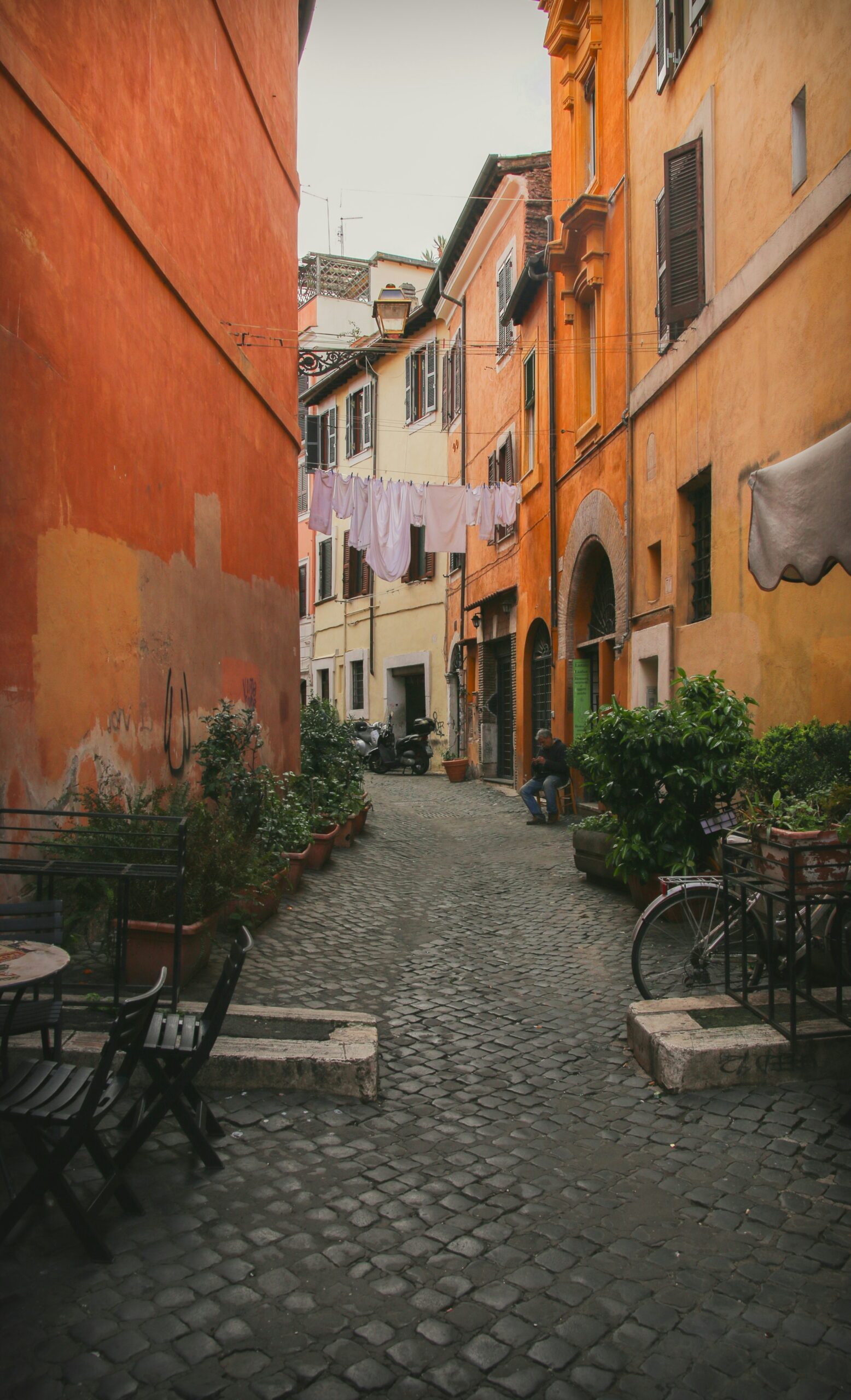Prima casa, seconda casa: What do they mean and what are the implications?
First house, second house… the translation is easy and the meaning’s clear, right? Or maybe not.

In English, “first home” typically refers to a property bought by someone who has never previously owned any real estate. But in Italian, prima casa has an entirely different meaning. Here, your prima casa is your official residence—the place where you are registered as living. Anywhere else you own, but do not live in, is a seconda casa.
It’s an important distinction, because various financial aspects, including energy bills, water charges, and taxes, are influenced by whether a property is categorized as your prima or seconda casa. For example, your prima casa will probably be exempt from IMU (imposta municipale propria, a council tax), but any seconda casa won’t attract the same exemptions.
This can be problematic for foreigners wishing to rent in Italy. While any individual can only have one prima casa, it’s not uncommon for a couple to falsely register a second property in their possession as the prima casa of the other partner, whether to benefit from the tax breaks or to rent it out in nero – i.e. without declaring the income to the tax authorities.
This may not be a problem for Italian tenants, who can keep their registered residence in their home town. However, foreigners living here are also required to have a registered address in Italy – and that must necessarily be the place where you live, unless you’re fortunate enough to know someone willing to let you claim residency elsewhere.
For this reason, it’s essential that you make sure that you can claim residenza when renting a dwelling or room.